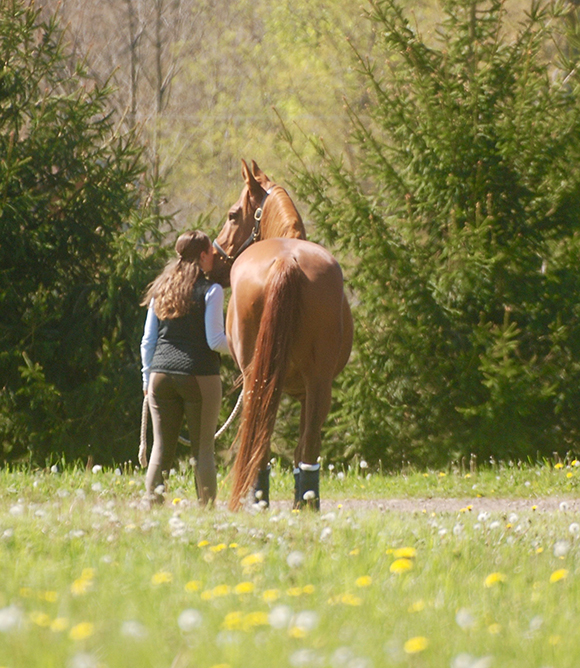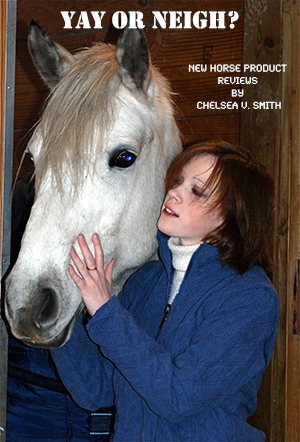Making Equine Telehealth A Reality
By CH Staff
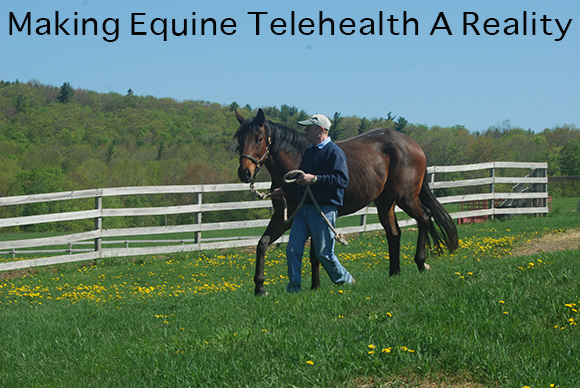
Telemedicine is a hot topic in the news right now and the U.S. is woefully behind other countries in adopting its benefits. The Covid19 crisis has forced some changes in the laws that previously restricted its use, and it’s highly likely that after this pandemic has passed through, the use of telemedicine will become the norm.
For horse owners the ability to chat with their veterinarian, farrier or alternative therapy provider via smartphone offers not only convenience, but also facilitates a more pro-active communication. The more open and available a line of communication is, the better the overall health of the horse will become.
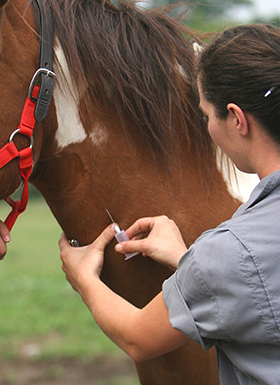 As with any medical situation addressing the issue early on can save it becoming a major issue down the road. Horse owners are often stressed about taking on the responsibility of treatments and the option to contact their professional resource without the time off work, cost of a barn call etc. would likely be their first choice over going to social media platforms for errant advice.
As with any medical situation addressing the issue early on can save it becoming a major issue down the road. Horse owners are often stressed about taking on the responsibility of treatments and the option to contact their professional resource without the time off work, cost of a barn call etc. would likely be their first choice over going to social media platforms for errant advice.
Furthermore, when a medical problem is addressed earlier in the process it is usually cheaper to fix than later on, as well as offering a potentially better outcome.
With many medical situations there is a ‘window of opportunity’ to successfully treat the disease or injury. The horse owner may be knowledgeable about symptoms and management of injuries and symptoms of disease, but obviously professional input that is easy to attain through evaluation of videos would be a boon. Many horse owners are more than willing to pay for this service, and it would save many hours and expenses for the vet or other professional driving from barn to barn allowing them to better utilize their time where it can be best spent for ambulatory services.
For the medical equine professional there are other advantages. More animals can be seen 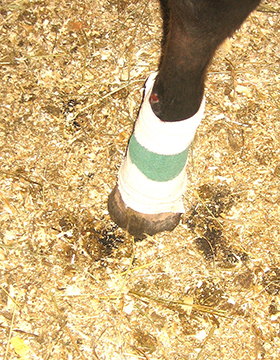 per day. A video provided prior to the teleconference can give the professional time to make their evaluation and determine if an on-site visit is necessary and to even teleconsult with their colleagues for complex cases. By requesting video in advance of the call the amount of time actually spent on the phone can be drastically reduced, a benefit for both horse owner and medical professional.
per day. A video provided prior to the teleconference can give the professional time to make their evaluation and determine if an on-site visit is necessary and to even teleconsult with their colleagues for complex cases. By requesting video in advance of the call the amount of time actually spent on the phone can be drastically reduced, a benefit for both horse owner and medical professional.
For horse barn owners who are charged with responsibility for boarders’ horses the availability of telemedicine can alleviate nervousness and liability for outcomes of treatment. Similarly for the horse trainer responsible for the ongoing wellbeing of horses owned by others, the service would provide a helpful adjunct to their horse management and save much valuable time.
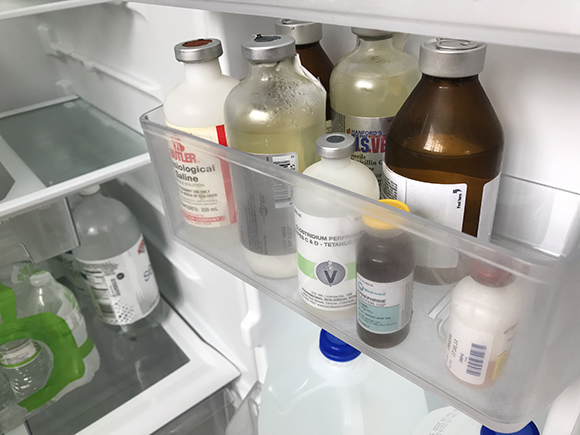
Emails, texts and videos can provide contextual data on the horse in question, and serve to keep the vet in touch on a regular basis to evaluate the progress of the treatment, evaluate its efficacy and make changes as necessary to the treatment protocols and ultimately lessen the stress on both horse and horse caregiver.
Equine medical professionals that have adopted telemedicine convey that the program is highly effective and that the results of its use overall provide for a higher percentage of successful outcomes for their patients and clients.
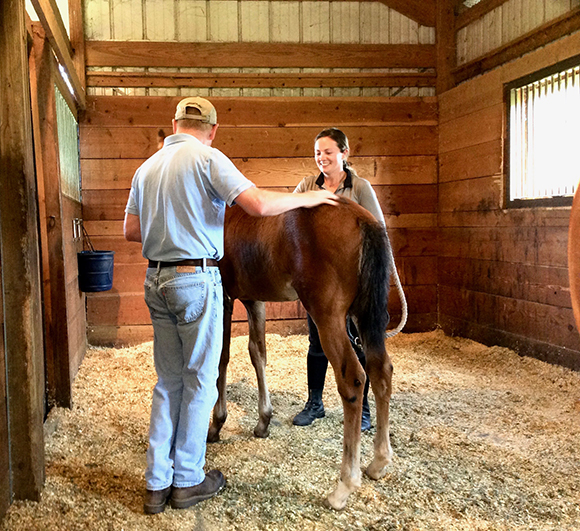
As a professional dressage clinician/trainer and competitor, as well as horse breeder there are many times when I see a slight lameness or feel something is slightly ‘off’ with an equine partner and would welcome a second pair of eyes on the situation from one of our team members in real time. Whether that is the vet, the farrier, the chiropractor or other licensed alterative treatment professional. Telemedicine can alleviate the need to trailer a horse into a clinic for examination, saving much time, cost and importantly unnecessary stress on the animal.
Ask your vet about their plans to provide these services, and suggest the same to other support team players in your horse’s life. For those of us in rural communities where distances for good veterinary help is always a challenge, this would provide access to the right professional for the right task and alleviate much unnecessary stress and expense.
It’s a win/win situation for all three parties, the horse owner, the medical professional and the horse. Certainly the horse is the most important in that triangle! Telemedicine is certainly the way of the future. Isn’t it time to get on board?
